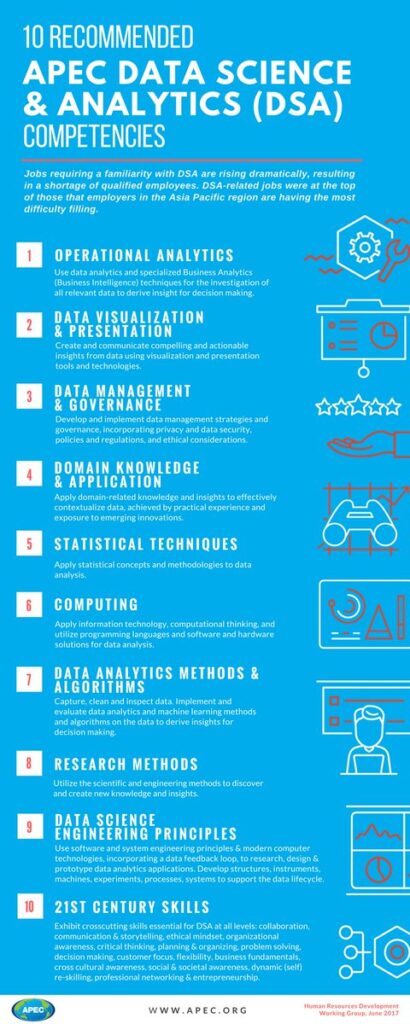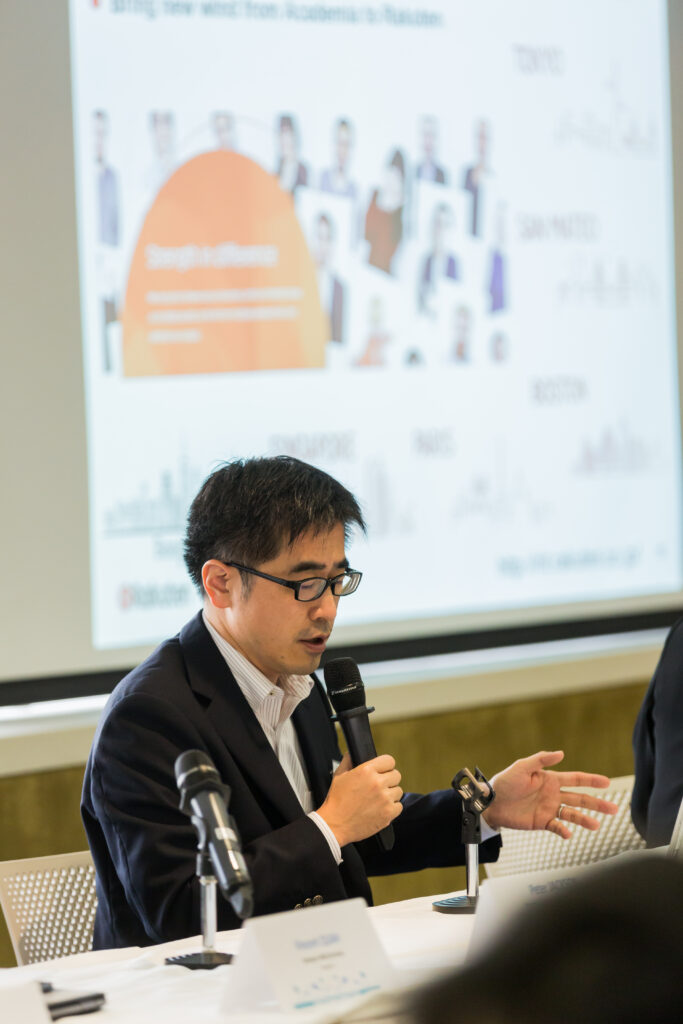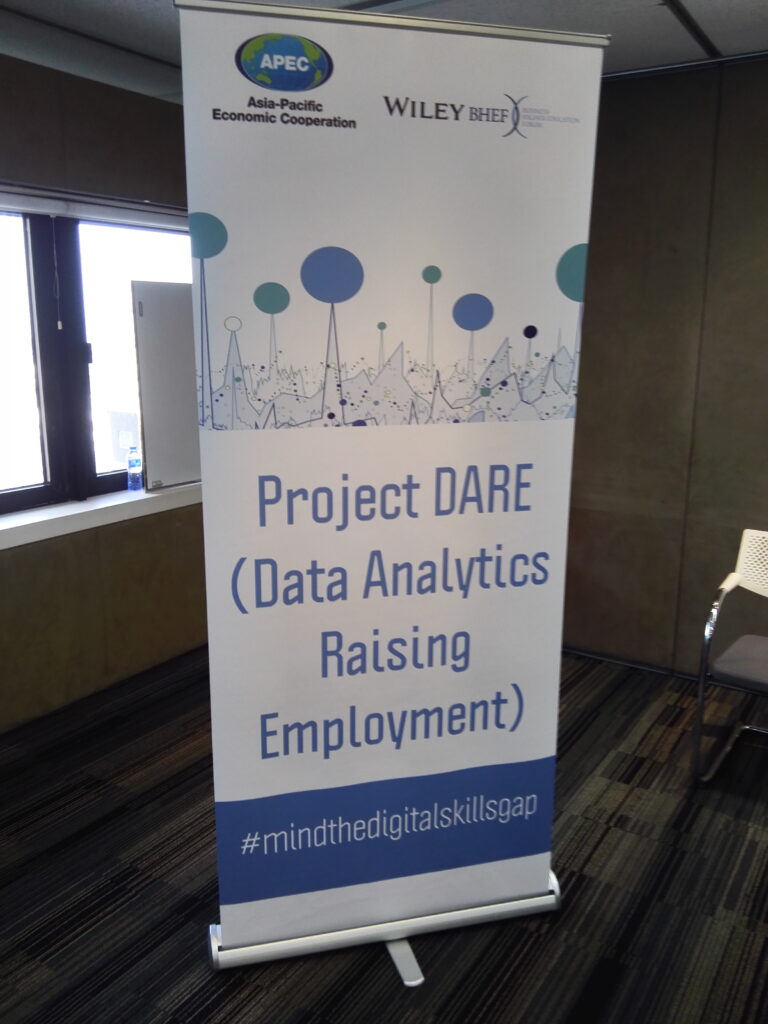NEWS
Discussing the Skills Shortage in Data Science and Analytics at the APEC Project DARE 2018 Workshop
On Monday October 8th, the APEC Project DARE 2018 Workshop was held in Hong Kong, and Masaya Mori, Global Head of Rakuten Institute of Technology, was invited to attend a panel discussion titled “How can higher education move at the speed of business?”.
APEC (Asia-Pacific Economic Cooperation) commissioned a research study on the skills shortage in data science and analytics (DSA) within the region under Project DARE (Data Analytics Raising Employment). The initiative is co-led by the United States Department of Labor, Wiley, and the Business Higher Education Forum, and as part of this, APEC and APRU (Association of Pacific Rim Universities) organized this workshop. APRU is a network of 50 leading universities across the Pacific Rim which brings together thought leaders, researchers, and policy-makers to exchange ideas and collaborate on effective solutions to the challenges of the 21st century.
Project DARE’s research study was commissioned to quantify the shortage of data-analytics-enabled workers in the APEC region, and if possible, estimate the economic impact and job losses at stake. The research study findings will focus on the shortage of a data-analytics-enabled workforce in the APEC region, flagging the need to address this issue across stakeholders, sectors, and economies. Long-term, project DARE seeks to inform young people in APEC of needed data-analytics competencies, enabling this generation’s ability to find work in a data-driven landscape and move fluidly into labor markets across the region.
Project DARE’s “Recommended APEC DSA Competencies” were developed to address both the need for greater understanding of the DSA skills shortage, and what is essential to growth in the field. They serve as a resource for policymakers, academia and the private sector to manage and support the skill development. To arrive at these competencies, a 50-person advisory group drew insights from business leaders managing DSA needs for their firms, academic leaders overseeing DSA-focused inter-disciplinary initiatives and curricula, and government officials directing human resource development.
The advisory group recommended the following 10 competencies to measure and support both highly trained data scientists and the emerging cohort of DSA-enabled professionals. This competency framework acknowledges that data scientists and DSA-enabled professionals possess varied combinations of these 10 competencies, with differences in their levels of mastery of business and organizational skills, technical skills, and workplace skills. By utilizing a full range of competencies, an organization can build and enhance its analytics capability.
Masaya Mori, as a member of the mentioned advisory group, adds that it is a very interesting problem to be a part of tackling. Especially now, with the problem of how to face the accelerating AI trend becoming an increasingly important topic. How we can address this skill shortage and turn the recommended competencies into concrete actions is an important discussion to have.
Please see a summary of the 10 recommended competencies below, together with some photos of the session and the advisory group.






